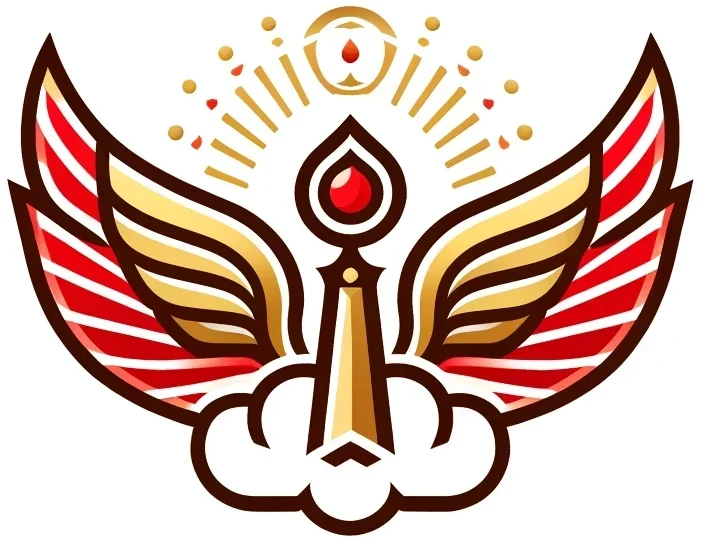Introduction
Death is an inevitable part of life, a transition from the physical to the spiritual realm. In Zoroastrianism, an ancient and richly philosophical religion founded in ancient Persia, death is viewed with a unique perspective that emphasizes the celebration of life and the eternal struggle between good and evil. This article delves into the Zoroastrian understanding of death, the celebration of life, and coping mechanisms for dealing with loss.
Death in Zoroastrianism: A Passage to the Spiritual Realm
In Zoroastrianism, death is seen as a natural part of the cosmic order, a transition from the physical world to the spiritual realm. Zoroastrians believe in the immortality of the soul, which continues its journey after death based on the individual’s actions in life. The soul is judged based on the principle of Asha, or truth and righteousness, and is rewarded with either paradise or punishment.
Central to the Zoroastrian belief in the afterlife is the concept of the “Chinvat Bridge,” a narrow bridge that the soul must cross to reach the spiritual realm. Those who lived a righteous life cross the bridge to paradise, while those who lived a life of sin fall into the abyss. This belief underscores the importance of living a virtuous life and doing good deeds.
The Celebration of Life in Zoroastrianism
Contrary to many other cultures, Zoroastrians do not mourn death but instead celebrate life. This celebration is rooted in the belief that life is a gift from Ahura Mazda, the Wise Lord, and should be cherished and lived to its fullest. Zoroastrians believe that by celebrating life, they honor the divine order of Asha and contribute positively to the ongoing struggle between good and evil.
One of the ways Zoroastrians celebrate life is through the observance of festivals and rituals that mark significant milestones in life, such as birthdays, weddings, and anniversaries. These celebrations are joyous occasions that bring families and communities together to share in the blessings of life and express gratitude for the gift of existence.
Coping with Loss: Embracing the Present and the Future
While Zoroastrians celebrate life, they also acknowledge the pain of loss and the grief that comes with it. However, they believe that dwelling on the past is a form of ignorance that prevents individuals from fully embracing the present moment and fulfilling their potential. Instead of lamenting what cannot be changed, Zoroastrians focus on living in accordance with Asha and making the most of each moment.
One coping mechanism in Zoroastrianism is the practice of prayer and meditation, which helps individuals connect with their inner selves and find solace in the divine order of the universe. Through prayer, Zoroastrians seek guidance and strength to navigate the challenges of life and find meaning in the face of loss.
Another coping mechanism is the support of the community, which plays a crucial role in providing comfort and companionship during times of grief. Zoroastrians believe that by coming together as a community, they can share their burdens and uplift each other in times of need.
Conclusion: Embracing Life’s Journey
In conclusion, death is a natural part of life that is viewed with a unique perspective in Zoroastrianism. While death is acknowledged and respected, Zoroastrians celebrate life as a gift from Ahura Mazda and strive to live in accordance with Asha. By embracing life’s journey and focusing on the present and the future, Zoroastrians find strength and solace in the face of loss, knowing that their actions in life will determine their fate in the spiritual realm.
